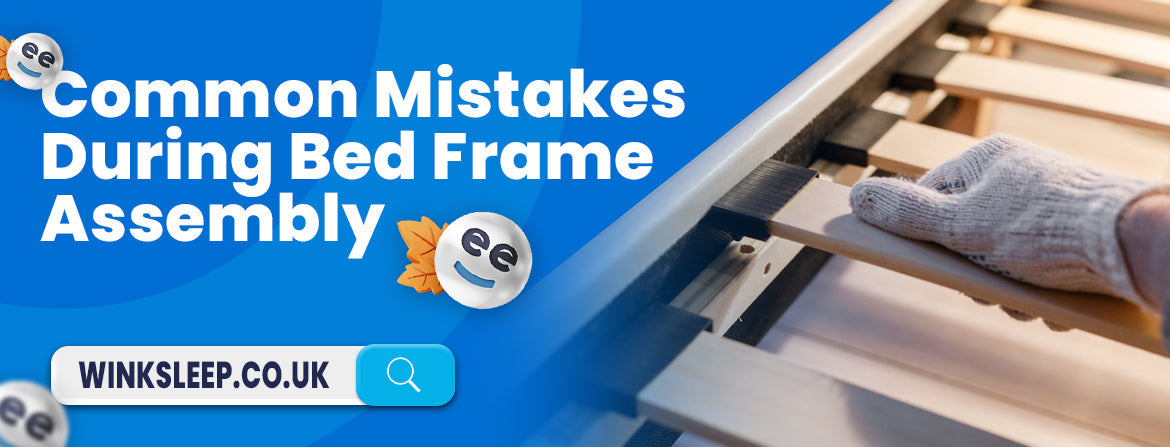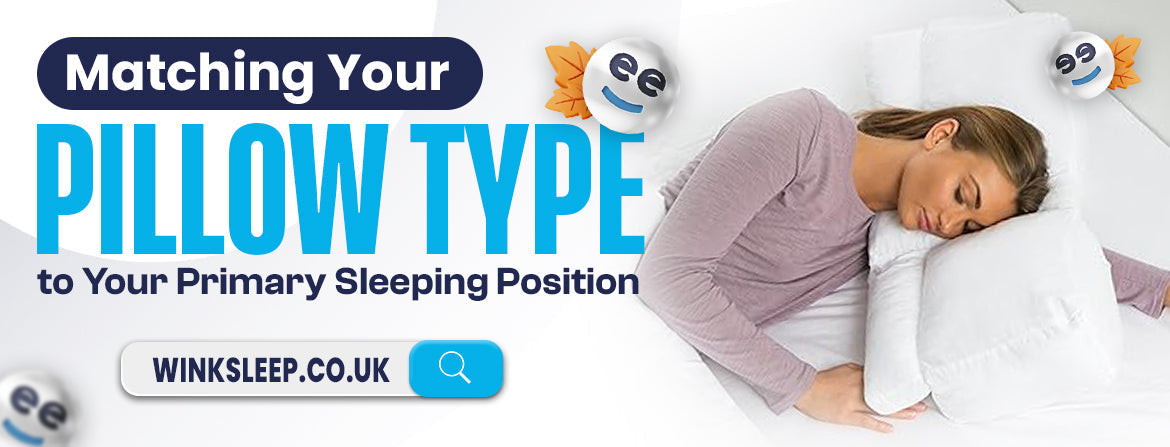A good night’s sleep is essential for maintaining physical health, mental clarity, and emotional well being. However, achieving quality sleep goes beyond having a quiet environment or a set bedtime. One of the most significant factors is your mattress.
A mattress that offers the right support, pressure relief, and comfort can make a world of difference in how you sleep. It influences spinal alignment, reduces discomfort, and helps regulate body temperature, which are all crucial for restorative rest.
Understanding the science behind how a mattress affects sleep quality can help you make informed decisions when selecting one. Your sleep position, body type, and even the materials used in the mattress all play important roles in providing the proper support for your body.
From memory foam that contours to your shape to innerspring designs that offer a firm foundation, the mattress you sleep on is more than just a comfort choice—it’s a health decision. Here’s an in-depth look at why your mattress matters and how it can improve both the quality and quantity of your sleep.
The Importance of Quality Sleep
Sleep allows the body to recover, repair, and prepare for the day ahead. Poor sleep can result in mood swings, reduced focus, weakened immunity, and long-term health problems like obesity, cardiovascular disease, and diabetes. To achieve restorative sleep, your sleeping environment including your mattress must provide optimal comfort and support.
How Your Mattress Impacts Sleep Quality
1. Spinal Alignment and Support
A mattress directly influences how well your spine aligns during sleep. A good mattress keeps your spine in a neutral position, reducing pressure on your back, hips, and shoulders. An unsupportive or sagging mattress can lead to muscle strain, chronic pain, and restless nights.
2. Pressure Point Relief
Mattresses designed with contouring materials like memory foam or latex distribute body weight evenly, preventing pressure build-up in sensitive areas. This is especially important for side sleepers who need extra cushioning for their hips and shoulders.
3. Temperature Regulation
Sleep experts highlight the importance of a cool sleeping environment for uninterrupted rest. Some mattresses, such as those made with gel-infused foam or breathable hybrid designs, help regulate body temperature by allowing airflow and preventing overheating.
4. Motion Isolation
Motion isolation is critical for those who share a bed. A mattress with good motion isolation prevents disturbances caused by a partner’s movements, ensuring uninterrupted sleep.
Health Benefits of the Right Mattress
- Improved Sleep Efficiency: A mattress that suits your needs helps you fall asleep faster and reduces the number of times you wake up during the night.
- Pain Relief: Supportive mattresses can alleviate back, neck, and joint pain by maintaining proper posture and reducing pressure points.
- Allergy Control: Hypoallergenic mattresses made from materials like latex or memory foam resist dust mites and allergens, creating a healthier sleep environment.
Signs It’s Time to Replace Your Mattress
Even the best mattress won’t last forever. Here are a few signs that it’s time to upgrade:
- Sagging or uneven surfaces.
- Increased back or joint pain.
- Persistent allergy symptoms are caused by dust or mould accumulation.
- Poor sleep quality despite lifestyle adjustments.
Most mattresses have a lifespan of 7–10 years, depending on the material and care.
Choosing the Right Mattress
1. Sleeping Position
- Side Sleepers: Choose a medium soft mattress to cushion the shoulders and hips.
- Back Sleepers: A medium firm mattress provides the support needed to maintain spinal alignment.
- Stomach Sleepers: Firmer mattresses prevent the body from sinking too much, which can strain the neck and spine.
2. Body Type
Heavier individuals may need firmer mattresses for proper support, while lighter sleepers often find softer mattresses more comfortable.
3. Material Preferences
- Memory Foam: Great for pressure relief and motion isolation.
- Latex: Durable and naturally cooling.
- Innerspring: Offers a traditional feel with good bounce and support.
- Hybrid: Combines foam and springs for a balanced sleeping experience.
The Science Behind Mattress Comfort
Modern mattress designs are backed by research into sleep ergonomics and human anatomy. Materials are engineered to adapt to body shapes, alleviate pain, and improve overall comfort. By aligning technology with sleep science, manufacturers aim to enhance both sleep quality and health.
Recommended for you: Why use a mattress topper? Are they worth it?
Conclusion
Your mattress is more than just a surface to sleep on—it’s a critical factor in achieving restorative sleep and maintaining long-term health. Investing in a high-quality, supportive mattress tailored to your needs can make a world of difference in how you sleep and feel every day.
When was the last time you checked your mattress? It might be the perfect time to upgrade for better nights and brighter days.
FAQs
How does a mattress affect sleep quality?
A mattress supports spinal alignment, reduces pressure points, and ensures comfort, all of which are essential for restful sleep.
What are the signs of a poor mattress?
Sagging, lumps, waking up with pain, or poor sleep quality despite lifestyle changes suggest it’s time to replace your mattress.
What is the best mattress for back pain?
A medium firm mattress is often recommended for maintaining proper spinal alignment and relieving pressure points.
How often should I replace my mattress?
Every 7–10 years, depending on material and wear.
Does mattress firmness matter?
Yes, firmness should match your sleep position and body type for optimal support and comfort.
Are memory foam mattresses good for sleep?
Memory foam is excellent for pressure relief, motion isolation, and contouring to body shape, making it ideal for many sleepers.
Can the wrong mattress cause health issues?
Yes, an unsuitable mattress can lead to back pain, poor posture, and interrupted sleep, impacting overall health.
What’s the best mattress for hot sleepers?
Cooling materials like gel-infused memory foam or hybrid mattresses with breathable layers are ideal for temperature regulation.
Do expensive mattresses make a difference?
While price often reflects quality, the best mattress is one that meets your specific needs, not necessarily the most expensive.
 Build Your Bed
Build Your Bed
 Request FREE Swatches
Request FREE Swatches
 Fast Delivery on Every Product
Fast Delivery on Every Product  Klarna 0% Finance
Klarna 0% Finance  5 Year Manufacturer's Guarantee
5 Year Manufacturer's Guarantee 










